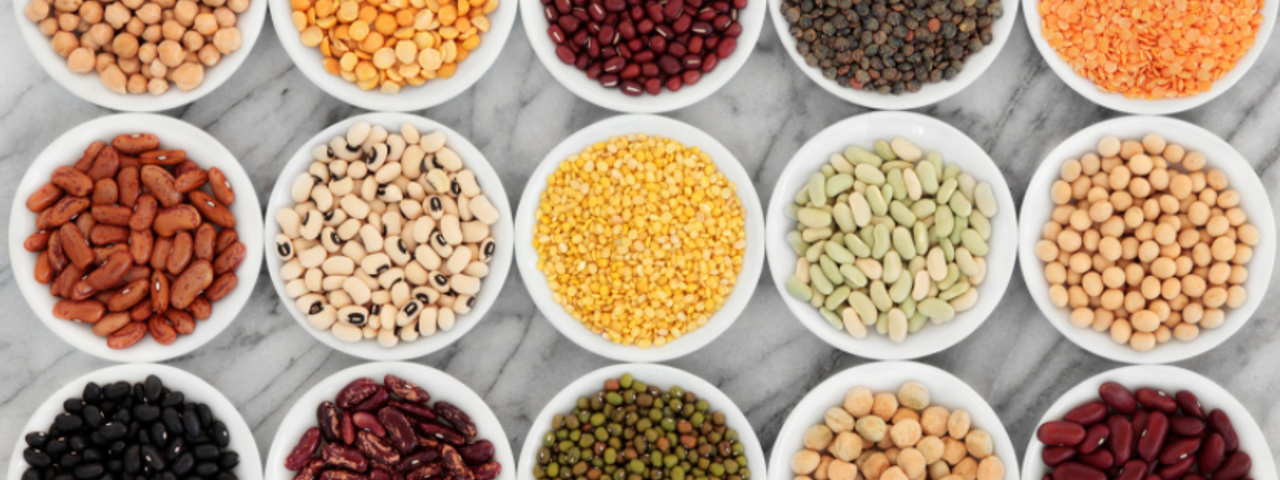Sector
Food and Beverage
Sub-Sector
Functional Foods
Project size
New Zealand horticulture is a NZ$8b industry. There is more than 1,737,000 ha of good arable land and a good climate suitable for growing plant protein crops.
Looking for
The opportunity exists for large scale industrial processing facilities suitable for extraction and processing of plant proteins and associated products. Additional investment to scale up existing smaller niche operators as well as R&D facilities to support this growing industry, are also required.
Summary
Globally food consumers are demanding more plant based protein in their diets. New Zealand has a reputation as a trusted global food supplier with an excellent reputation for food traceability and safety. Local scientists and R&D facilities provide the expertise to be globally competitive in the export of manufactured high value plant protein foods.
 Background
Background
Globally consumers are eating more plant based foods with a focus on plant proteins for health and environmental reasons. The global impact of COVID has accelerated this trend. According to a new market research report, “The global plant based Protein Market was estimated at USD 18.5 billion in 2019 and is projected to grow at a Compound annual growth rate of 14.0% to 2025, to reach USD $40.6 billion by 2025”.* To take advantage of the new trend towards plant-based foods and “flexitarian” eating habits, there are significant opportunities in New Zealand to expand and develop plant based protein sources.
*Ref: Plant-based Protein Market by Type (Isolates, Concentrates, Protein Flour), Application (Protein Beverages, Dairy Alternatives, Meat Alternatives, Protein Bars, Processed Meat, Poultry & Seafood, Bakery Product), Source, and Region - Global Forecast to 2025"
New Zealand is a primary-production nation, and a globally recognized high quality protein producer with 65% of its export revenues coming from agriculture, horticulture, and forestry. New Zealand grown crops that could be more immediately used as protein sources for human consumption include alfalfa, amaranth, barley, beans, canola, hemp, kumara, linseed, almonds, white maize, oats, peas, potato, walnut, and wheat.
 New Zealand has good production capability, a knowledge of food, and a good understanding and accessibility to various export markets. Auckland a logistics hub close to ports, airports, and with good rail links for raw material is a great location to base a plant based manufacturing facility. New Zealand companies and research organisations such as ‘Plant & Food Research’ with headquarters in Auckland, offer experience and expertise to help develop premium plant food offerings. Within New Zealand several new companies are pursuing meat substitutes made from plant protein. Sunfed Meats for example is an Auckland based company producing chicken and bacon substitutes made from pea protein.
New Zealand has good production capability, a knowledge of food, and a good understanding and accessibility to various export markets. Auckland a logistics hub close to ports, airports, and with good rail links for raw material is a great location to base a plant based manufacturing facility. New Zealand companies and research organisations such as ‘Plant & Food Research’ with headquarters in Auckland, offer experience and expertise to help develop premium plant food offerings. Within New Zealand several new companies are pursuing meat substitutes made from plant protein. Sunfed Meats for example is an Auckland based company producing chicken and bacon substitutes made from pea protein.
There is a significant opportunity to develop new food technologies and functionalities for plant-based protein foods with higher consumer acceptability ie that taste, good texture and look good. This premium positioning suits New Zealand’s globally niche food manufacturing sector . There is a need to increase capacity beyond the existing niche facilities.
Invest Auckland Specialist
To find out more about this opportunity please contact Yan Zhang
